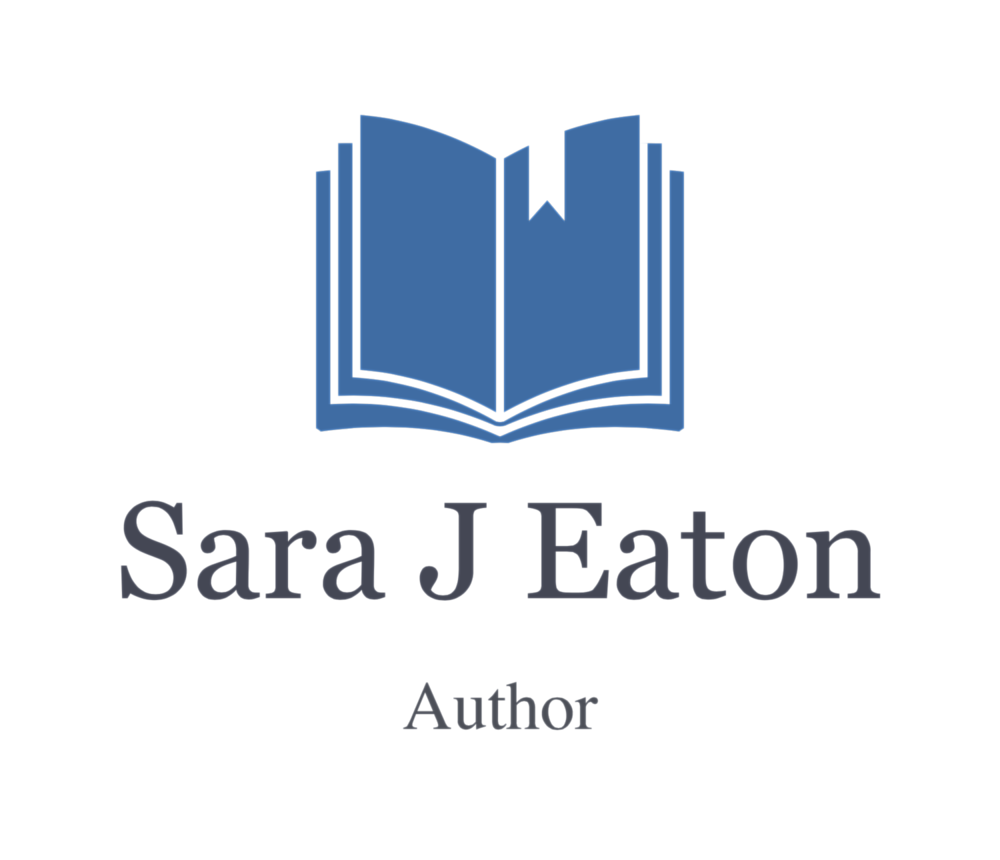Welcome to my first blog post during Mental Health Awareness Month! Like I mentioned on my Instagram, this month is incredibly important to me, and I have some really fun blog posts coming up. As you probably know, one of my biggest passions is helping reduce mental health stigma. I believe this is best done through education. Helping people understand what it actually means to have a certain mental illness does wonders for disproving all of the misinformation about mental illnesses that is out there.
That being said, I wanted to offer you an easy way to help. One way to stop contributing to stigma is to stop using mental illnesses as adjectives. It’s that simple!
How many times have you heard someone say that they were “so OCD” after arranging their pens in a specific order at school? How often have you heard, or maybe even said, that you were “super bipolar” when you couldn’t make a decision or kept changing your mind? It can be tempting to use these phrases when everyone around us tends to. By misusing these illnesses, though, it reinforces that they are not actual medical conditions. It takes away from the fact that these are real conditions that people suffer from. I also know from firsthand experience how isolating and painful it can be to hear your condition used as a joke.
So, I want to provide you with a list of some commonly used expressions that demean those with mental health issues, explain what stigma this reinforces and give a very brief explanation of what the condition actually is, and offer some alternative phrases. I will be doing this in a serious of blog posts over the next few weeks. My first post will even be going up today! You can read it here. I hope you join me in making this small change to your everyday speech that will truly mean so much to those experiencing a mental illness.
